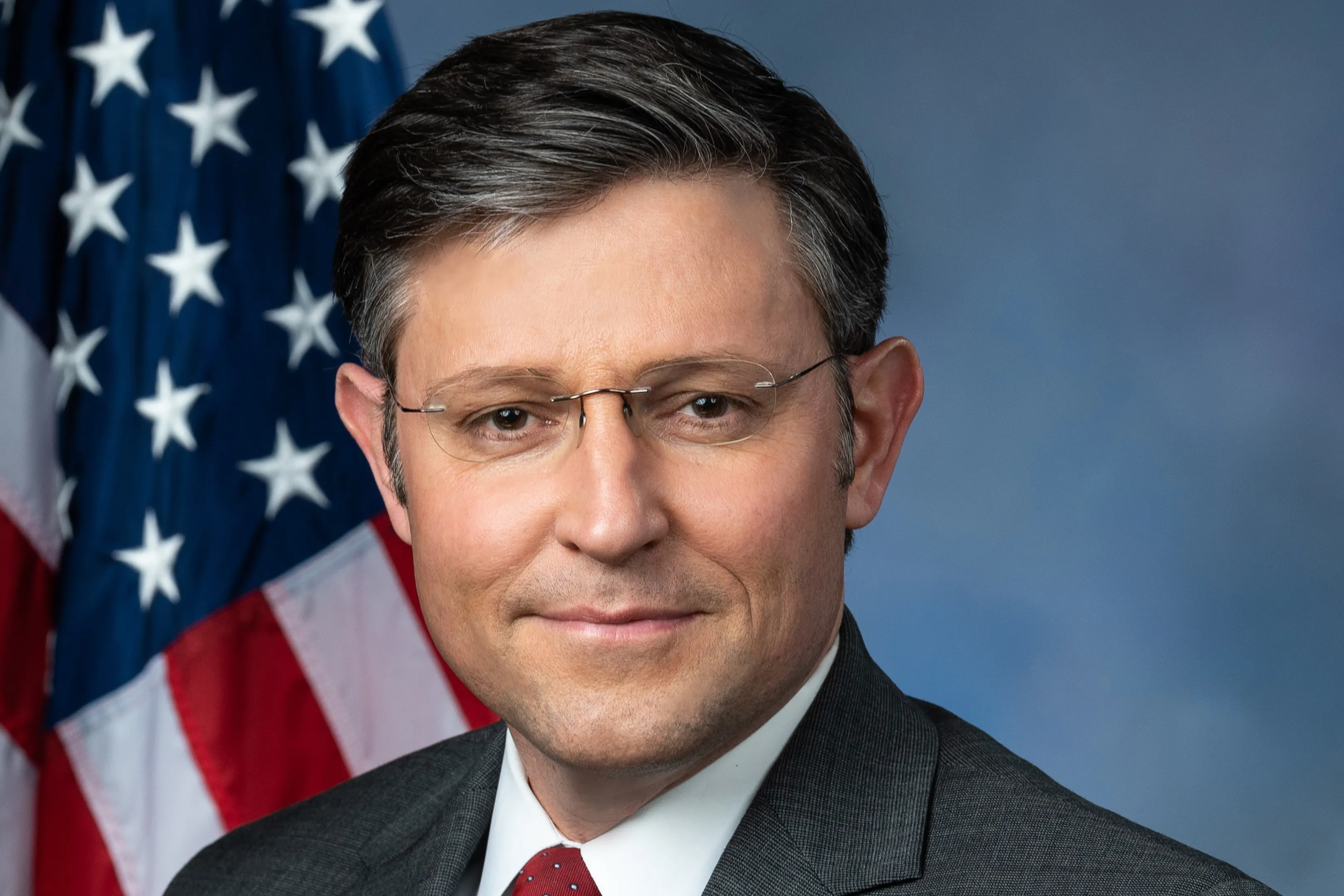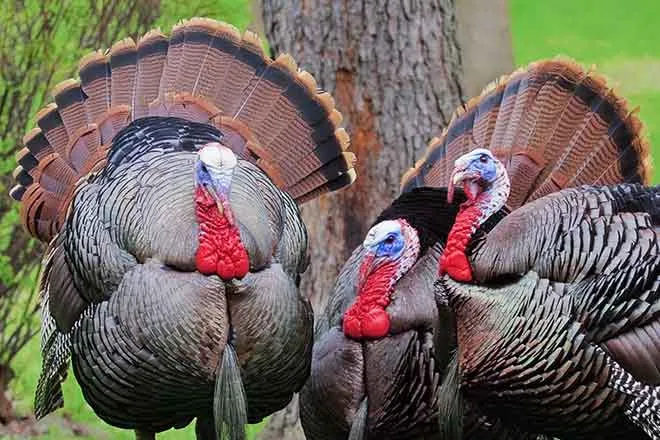
Daily Audio Newscast - June 24, 2024
News from around the nation.
'Death by a thousand cuts' for Bozeman's low-income renters; 'Catastrophic flooding' in Upper Midwest prompts evacuations as record-breaking heat wave broils West and mid-Atlantic; Friday deadline for 2024 USDA grassland conservation program; Report: Big oil continues to resist a fast transition to clean energy.
TRANSCRIPT
The Public News Service Daily Newscast, June the 24th, 2024.
I'm Mike Clifford.
First off, a union formed to fight for the rights of Bozeman's lower income renters is pushing for mandatory legal assistance for people facing eviction.
Opponents say it's unfair to landlords.
Bozeman Tenants United calls itself a multiracial, intergovernmental movement to win safe, dignified and affordable housing for working class renters.
Director Benjamin Finnegan says rising rents and less availability is proving to be death by a thousand cuts for these renters, whom he says are forced to spend as much as half of their income on housing if they can afford it at all.
He calls evictions acts of violence and claims they're at the heart of Bozeman's housing crisis.
Where an eviction in a lot of ways is a death sentence.
It means that you are out on the street with nowhere to go, possibly with kids.
It means that you have a red stamp on your rental record and it will be extremely difficult, if not impossible, to find new housing.
Finnegan's working to get financial support from Bozeman to pay for legal representation for low income households facing eviction.
The state Landlords Association is among the groups pushing back on that idea, saying rent prices are simply driven by market conditions and supply and demand.
This is Mark Moran.
Meantime, more than a million people under flood warnings in the upper Midwest as of Sunday after days of heavy rain that forced evacuations and rescues in several states.
That from the BBC.
They report the hardest hit have been Iowa and South Dakota, where some rivers reached record high levels.
At least one person died in the floods in South Dakota.
Meantime, Iowa Governor Kim Reynolds called the floods catastrophic and has declared a state of disaster in 21 counties.
And farm producers and landowners have until the end of this week to apply for the U.S.
Department of Agriculture Farm Security Agency's Grassland Conservation Reserve Program, also known as the Grassland CRP.
Our Deborah Van Fleet explains.
Over two million acres of Nebraska land are enrolled in one of the three CRP programs, nearly three-fourths of it in grassland.
It is unique among the CRP programs in that land owners are allowed to continue using the land for grazing or haying.
FSA Administrator Zach Ducheneau says grazing on CRP land often involves more hands-on practices.
That are really aimed at enhancing soil health through the use of livestock in a way that will eventually lead to increased productivity and producers will see more biodiversity.
They'll end up seeing better production from the land for their livestock.
Since 1985, landowners have voluntarily taken acres out of production through the Conservation Reserve Programs.
They receive a rental payment in return.
June 28th is the deadline for 2024 applications.
This is Public News Service.
And Big Oil is reported to be dropping the ball when it comes to meeting their public pledges to help avert catastrophic climate change.
U.S.-based corporations Chevron, ConocoPhillips, and ExxonMobil each ranked grossly insufficient on all of the report's criteria.
Co-author David Tong says just 5 percent of the sector's capital investments are in clean energy.
Over 90 percent is going into fossil fuels.
None of them come anywhere close with aligning with what's needed to confront the climate crisis.
Instead of cutting production, they almost all aim to increase production this critical decade.
Several oil companies mentioned in the report said it misrepresented their climate plans.
I'm Eric Galatas.
And West Virginia health care advocates are applauding a recent proposed rule by the Consumer Financial Protection Bureau to remove medical bills from credit reports.
Healthcare organizer with West Virginia Citizen Action Group, Mindy Salango, says more West Virginians are being forced to find ways to pay out of pocket, relying on credit cards and crowdfunding websites.
She adds patients often receive unexpected medical bills and struggle to understand costs, making it difficult to compare medical debt to other loans.
When you're going for an emergency surgery, they don't give you an outline of all the charges that you're going to be hit with.
They do the surgery and then you get the bill.
If you go in to buy a car, they give you paperwork.
You know exactly what you're signing on the dotted line for.
The proposed rule would close a regulatory loophole that has kept vast amounts of medical debt information in the credit reporting system and would help prevent debt collectors from coercing payments for inaccurate or false medical bills.
Nadia Ramligan reporting.
Finally, California's newest state park in decades called Dos Rios is a haven for wildlife visitors, but also helps the state be more resilient to drought and flooding linked to climate change.
Suzanne Potter has more in this reasons to be cheerful Solutions Journalism Network, California News Service collaboration.
The land at the confluence of the San Joaquin and Tuolumne rivers outside Modesto used to be farmland, but crews have removed berms to restore the natural floodplain.
John Kane is with River Partners, the nonprofit behind the rewilding project.
When we step back from the river, when we give the river more room, flooding actually is a very productive process for the ecosystem.
It recharges groundwater, it filters polluted water, it nourishes riparian forests, support all kinds of wildlife.
It's alive.
Climate change has doubled the likelihood of catastrophic flooding in California.
To date, more than 350,000 trees have been chopped.
This is Mike Clifford.
Thank you for starting your week with Public News Service.
Member enlist is supported.
Hear us on interesting radio stations, your favorite podcast platform and find our trust indicators at publicnewsservice.org.
















